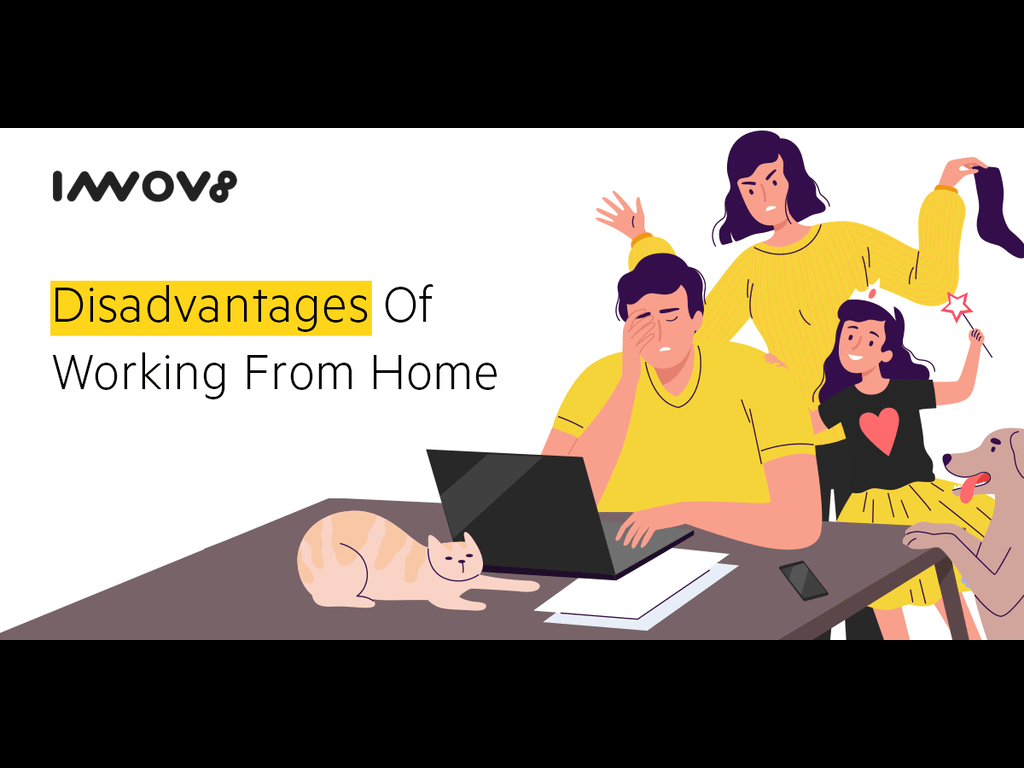For many small business owners, entrepreneurs, freelancers, remote workers, and startups, finding the right office space is a critical decision that impacts both productivity and budget. Traditional office spaces, while popular, come with high overhead costs and long-term leases, which can be restrictive, especially for businesses that value flexibility.
Coworking spaces offer a compelling alternative by providing cost-effective office solutions that are affordable, flexible, and efficient. Let’s see why coworking spaces are a smart choice, how they lead to savings, and what makes them ideal for today’s workforce.
1. Reducing Overhead Costs with Coworking Spaces
One of the primary reasons businesses opt for coworking spaces is the reduction in overhead costs. Unlike traditional office spaces that require you to budget separately for rent, utilities, and maintenance, coworking spaces bundle these expenses into one membership fee, making it easier to manage costs. For businesses looking to keep expenses predictable and low, coworking spaces are ideal because:
- Utilities and Maintenance: Coworking spaces cover the cost of essential utilities such as electricity, internet, water, and heating. Cleaning services and general maintenance are also included, freeing businesses from the hassle and expense of managing these tasks. This is especially helpful for small businesses that may not have the resources to handle unexpected repairs or maintenance issues.
- Office Furniture and Equipment: Most coworking spaces come fully equipped with desks, chairs, meeting rooms, and even printing facilities, saving businesses from the upfront investment in furniture and equipment. This is a major advantage for startups and freelancers who don’t want to worry about purchasing, setting up, or maintaining office furniture.
- Basic Office Supplies: Many coworking spaces offer basic office supplies such as paper, coffee, and kitchen essentials as part of the membership fee. This reduces the need for employees to leave the office to grab a coffee or snack, enhancing productivity while also lowering incidental costs. For entrepreneurs and small business owners, these small conveniences add up to big savings over time.
2. Flexible Lease Terms in Coworking Spaces
Unlike traditional office leases, which often require multi-year commitments, coworking spaces offer flexible lease terms that let businesses adapt as they grow. Flexibility is essential for startups and small businesses that may experience rapid growth, seasonal fluctuations, or other dynamic changes in their business. This flexibility allows businesses to maintain control over their office space commitments without locking into long-term financial obligations.
- Short-Term Commitments: Many coworking spaces offer month-to-month or quarterly memberships, which allow businesses to avoid the constraints of long-term leases. This is particularly advantageous for freelancers and remote workers who may not need a dedicated office space year-round or who want the option to change locations as needed.
- Scalability: As a business grows, it may need more space. Coworking spaces make it easy to expand by allowing businesses to add desks or private offices without relocating. Conversely, if a business needs to downsize or reduce its office space, it can easily do so without being tied to a large, unneeded space.
- Freedom to Experiment: For entrepreneurs and startups, the flexibility of coworking spaces means they can try out different locations, amenities, and communities to find what best suits their needs. If one space doesn’t work out, it’s easy to try another without incurring high costs or breaking a lease.
3. Shared Amenities in Coworking Spaces
Coworking spaces provide access to a wide range of shared amenities that add value to the workspace without increasing the costs for members. From high-speed internet to well-equipped meeting rooms, these amenities enhance productivity and create a supportive work environment.
- Conference Rooms and Meeting Spaces: Renting a conference room on a per-use basis can be expensive, especially for businesses that frequently meet with clients or conduct team meetings. Many coworking spaces include meeting rooms in their membership packages, allowing teams to reserve them as needed. This also includes video conferencing setups, which are essential for remote work collaboration.
- High-Speed Internet and Tech Support: A reliable internet connection is non-negotiable for most businesses. Coworking spaces typically offer high-speed Wi-Fi as part of their membership, eliminating the need for companies to contract with an internet service provider. Additionally, some coworking spaces have tech support on-site, ensuring that members can get assistance quickly if they experience connectivity or IT issues.
By offering these shared amenities, coworking spaces help members avoid the high costs of creating similar spaces on their own, making them a cost-effective office solution for entrepreneurs and small business owners alike.
4. Avoiding Long-Term Commitments with Coworking Spaces
Another key benefit of coworking spaces is the ability to avoid long-term commitments. Traditional office leases often require businesses to sign agreements for several years, which can be a financial burden if business circumstances change. Coworking spaces allow businesses to maintain operational flexibility and respond quickly to market shifts or internal changes.
- Adaptability to Business Changes: Coworking spaces provide the flexibility to change locations or adjust office needs based on market conditions or team size. For startups that experience rapid growth or freelancers who want to try working in different cities, this adaptability is invaluable. Not being tied down by a long lease allows businesses to pivot quickly.
- Reduced Financial Risk: Traditional leases can pose a high financial risk if business slows down or pivots are needed. Not having a multi-year lease can help mitigate financial strain by letting entrepreneurs test new markets or services without the pressure of paying for unused office space.
5. Cost-Benefit Analysis of Coworking Spaces Compared to Traditional Offices
A detailed cost-benefit analysis reveals that coworking spaces often provide greater financial value compared to traditional office leases. The savings from reduced overhead costs, shared amenities, and flexible lease terms create an affordable office solution for businesses of all sizes.
- Lower Startup Costs: Setting up a traditional office requires investment in furniture, technology, decor, and often renovations. These costs can add up quickly and are not recoverable if the business later relocates or downsizes. With coworking spaces, everything from furniture to internet is already provided, reducing the initial outlay and financial burden on small business owners and entrepreneurs.
- All-Inclusive Monthly Fees: Traditional offices come with a variety of expenses beyond rent, including utilities, internet, and cleaning services. Coworking spaces simplify budgeting by offering all-inclusive membership fees that cover these essentials, allowing businesses to better manage their monthly cash flow and avoid unexpected bills.
- Enhanced Networking Opportunities: While networking may not be a direct financial benefit, the relationships built in coworking spaces can lead to collaborations, new clients, and growth opportunities. This is particularly advantageous for startups and freelancers who can leverage the diverse community within a coworking space to establish meaningful professional connections.
Overall, a cost-benefit analysis shows that coworking spaces offer affordable office solutions that help businesses reduce financial strain, particularly for small business owners, startups, and remote workers.
Conclusion
For entrepreneurs, small business owners, and freelancers, coworking spaces provide cost-effective office solutions that balance budget with high-quality facilities. By reducing overhead costs, offering flexible lease terms, providing shared amenities, and enabling businesses to avoid long-term commitments, coworking spaces have become an ideal alternative to traditional office spaces. They offer businesses the flexibility to operate within budget without compromising on the professional environment or access to essential resources.
Ultimately, coworking spaces deliver a balance of affordability, flexibility, and functionality, making them a smart choice for today’s dynamic workforce. Whether you’re a startup looking for an adaptable space, a remote worker wanting a supportive community, or a small business focused on minimizing expenses, coworking spaces provide the support you need to thrive. With coworking spaces, you can focus on growing your business while keeping costs in check, enjoying a supportive and vibrant work environment that creates innovation and growth.


